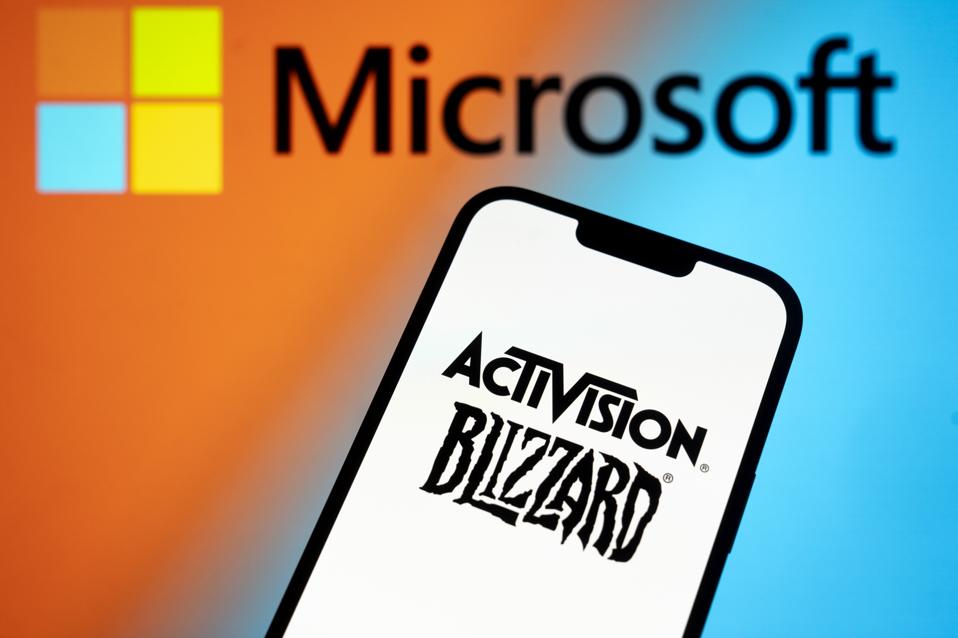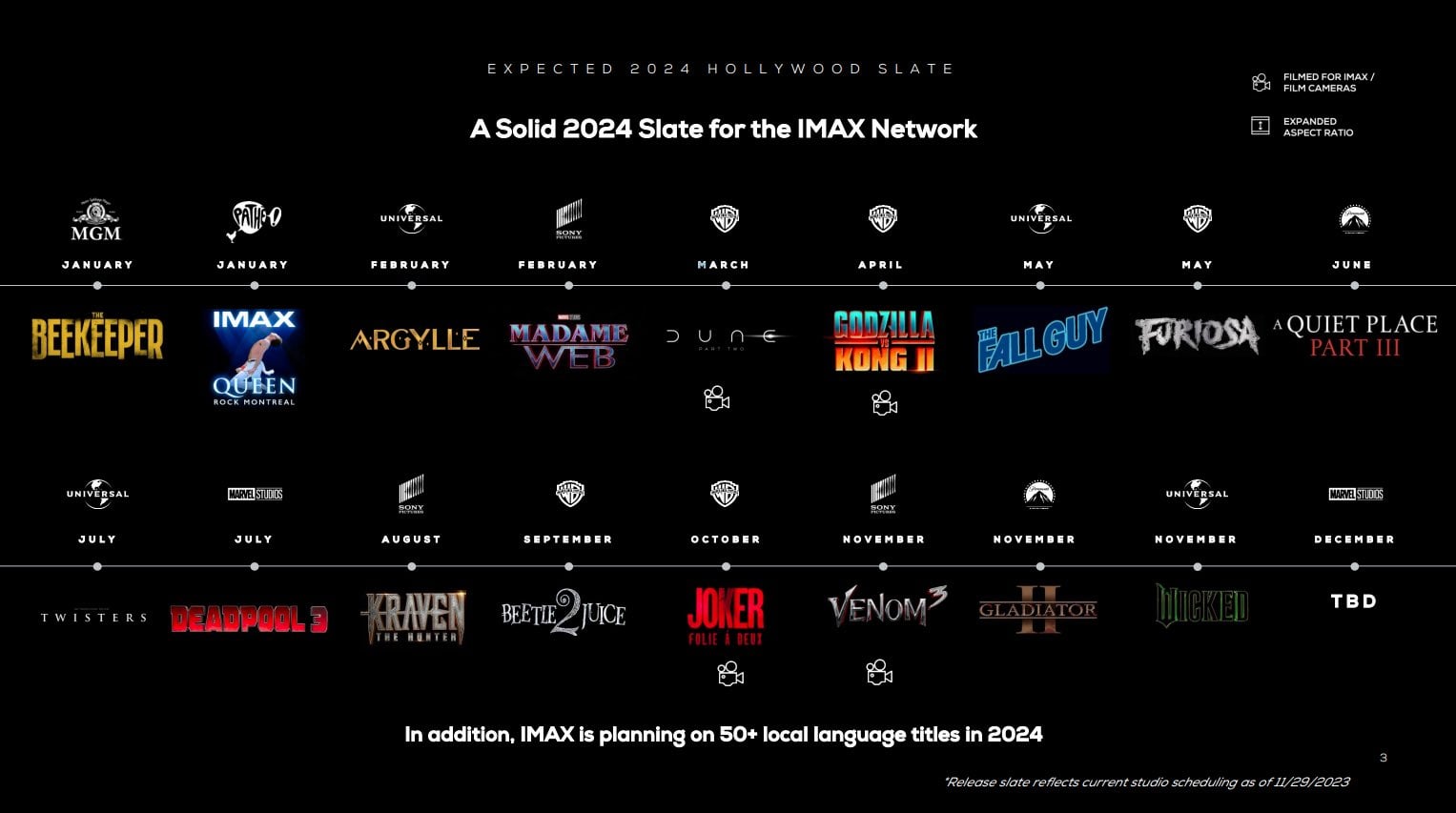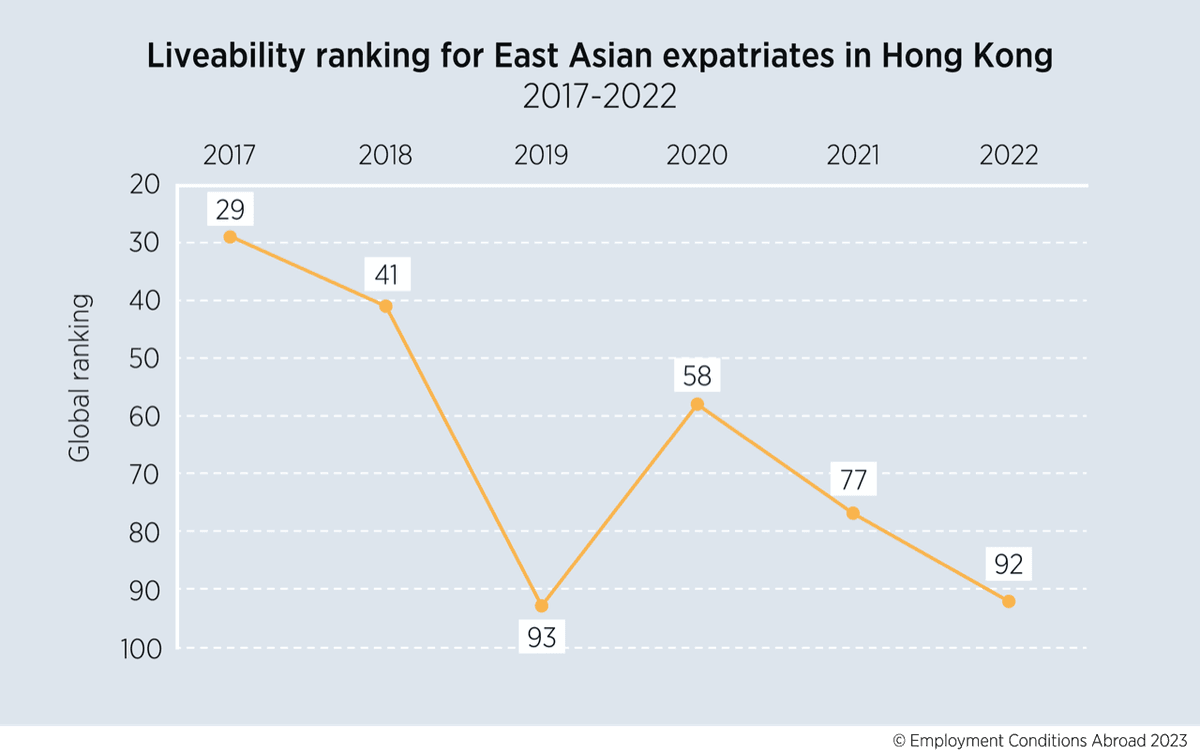FTC's Appeal Could Delay Or Block Microsoft-Activision Merger

Table of Contents
The FTC's Arguments Against the Merger
The FTC's opposition to the Microsoft-Activision merger rests on several key arguments, primarily concerning anti-competitive practices and the potential for market dominance.
Concerns about Anti-Competitive Practices
The FTC's core concern is that Microsoft's acquisition of Activision Blizzard would create a monopoly, ultimately harming consumers. This fear centers on Microsoft's potential to leverage its control over popular Activision Blizzard titles, particularly Call of Duty, to stifle competition.
- Restricting availability on competing platforms: The FTC worries Microsoft could limit or even entirely restrict access to Call of Duty on rival consoles like PlayStation and Nintendo Switch, giving Xbox a significant competitive advantage.
- Raising prices for Activision Blizzard games: The acquisition could allow Microsoft to increase the prices of Call of Duty and other Activision Blizzard games, reducing consumer choice and potentially harming smaller developers.
- Degrading the quality of Activision Blizzard games on competing platforms: The FTC is concerned that Microsoft might deliberately reduce the quality of Activision Blizzard games on non-Xbox platforms to incentivize players to switch.
- Limiting innovation and the development of competing games: By controlling such a large portion of the market, Microsoft could potentially suppress innovation and the development of competing first-person shooter games.
The Importance of Call of Duty
The FTC's argument hinges heavily on the overwhelming popularity and market dominance of Call of Duty. The agency believes that Microsoft acquiring this franchise gives them an unfair, potentially monopolistic, advantage.
- Call of Duty's massive player base and revenue generation:* Call of Duty boasts a massive and incredibly loyal player base, generating billions in revenue annually. This makes it a significant asset in the gaming market.
- Call of Duty's role in shaping the first-person shooter genre:* Call of Duty has been instrumental in defining and shaping the first-person shooter genre, making it an incredibly influential title in the gaming world.
- Call of Duty's cross-platform appeal:* Its cross-platform availability has been key to its success, broadening its appeal and making it a significant part of the gaming community across various platforms.
Previous FTC Actions and Precedents
Understanding the FTC's track record in challenging mergers provides crucial context. Examining previous FTC actions against similar mergers helps predict potential outcomes in this case.
- Examples of successful and unsuccessful FTC challenges to large mergers: The FTC has a history of both successful and unsuccessful challenges, with each case offering unique insights into the legal arguments and their success rates.
- Legal arguments used by both the FTC and Microsoft: Both parties have presented compelling legal arguments, with Microsoft emphasizing the benefits of the merger for consumers and the FTC focusing on potential anti-competitive practices.
- Analysis of the judge's initial ruling and its implications: The initial dismissal of the FTC's lawsuit is a significant event that needs thorough analysis to understand the potential direction of the appeal.
Potential Impacts of a Delayed or Blocked Merger
A delay or complete blocking of the Microsoft-Activision merger could have widespread and significant implications.
Impact on the Gaming Industry
The failure of the merger could dramatically reshape the gaming landscape.
- Effect on game pricing and availability: A blocked merger could potentially result in lower prices and broader availability of Activision Blizzard titles, increasing competition and benefiting consumers.
- Potential for reduced innovation in the gaming industry: Some argue that a competitive market spurs innovation, and a blocked merger could foster a more dynamic and innovative gaming sector.
- The impact on smaller game studios and developers: A more competitive market could create opportunities for smaller studios, as the market wouldn't be dominated by a single major player.
Financial Implications for Microsoft and Activision Blizzard
The financial stakes for both Microsoft and Activision Blizzard are enormous.
- Stock market fluctuations in relation to the merger outcome: The merger's fate directly impacts the stock prices of both companies, creating significant financial volatility.
- Potential loss of revenue for both companies: A blocked merger could mean lost revenue streams and potential damage to the long-term financial health of both companies.
- The costs associated with legal battles and regulatory hurdles: The ongoing legal battle itself is expensive, adding significant costs to both companies regardless of the final outcome.
Impact on Consumers
Ultimately, the impact on gamers is a key consideration.
- Potential for higher game prices: A blocked merger might increase competition and potentially lead to more competitive game pricing.
- Potential for reduced access to games: Maintaining accessibility across all gaming platforms is a crucial aspect that the FTC's appeal seeks to protect.
- Potential for increased competition and innovation: A competitive market is expected to drive more innovation and potentially more diverse game experiences for consumers.
Conclusion
The FTC's appeal against the Microsoft-Activision merger introduces significant uncertainty. The outcome will have far-reaching consequences for the gaming industry, affecting competition, innovation, and, critically, the consumer experience. The emphasis on Call of Duty highlights the challenges of regulating mega-mergers in the tech sector. Regardless of the appeal's success, this case sets a crucial precedent for future mergers and acquisitions within the gaming world. Stay informed about further developments in the Microsoft-Activision Merger case to fully grasp its long-term effects. Understanding the nuances of this landmark case is vital for anyone interested in the future of gaming.

Featured Posts
-
 The Art Of Breaking Bread With Scholars Strategies For Effective Engagement
May 08, 2025
The Art Of Breaking Bread With Scholars Strategies For Effective Engagement
May 08, 2025 -
 Surprenantes Competences Geometriques Des Corneilles Une Analyse Comparee Aux Babouins
May 08, 2025
Surprenantes Competences Geometriques Des Corneilles Une Analyse Comparee Aux Babouins
May 08, 2025 -
 Stephen Kings 2025 Film Slate High Hopes Despite Potential Monkey Flop
May 08, 2025
Stephen Kings 2025 Film Slate High Hopes Despite Potential Monkey Flop
May 08, 2025 -
 Andor First Look Delivers On 31 Years Of Star Wars Teases
May 08, 2025
Andor First Look Delivers On 31 Years Of Star Wars Teases
May 08, 2025 -
 Hong Kong Dollar Plummets Interest Rates Biggest Drop Since 2008
May 08, 2025
Hong Kong Dollar Plummets Interest Rates Biggest Drop Since 2008
May 08, 2025
